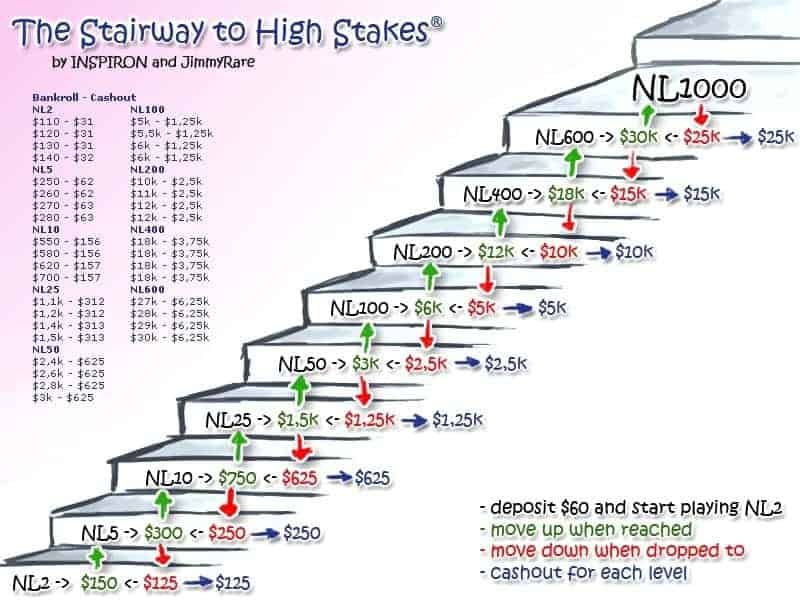Whether you’re a seasoned poker player or just starting out, managing your bankroll is crucial to your success in the game. Proper bankroll management can help you avoid going bust and ensure that you have enough funds to keep playing and improving your skills. In this article, we will discuss some tips and strategies for managing your bankroll effectively in poker.
Set a Budget
The first step in managing your bankroll in poker is to set a budget for yourself. Determine how much money you are willing to spend on poker each month and stick to that amount. This will help you avoid overspending and ensure that you have funds available for other expenses.
Start Small
When first starting out in poker, it’s important to start small and gradually increase your stakes as you improve your skills. By starting at lower stakes, you can gain experience and build your bankroll without risking too much of your money.
Use Proper Bankroll Management Techniques
One of the key principles of bankroll management in poker is the 1%-5% rule. This means that you should never risk more than 1%-5% of your bankroll on a single game or tournament. This will help you avoid losing a large portion of your funds in a single session.
Avoid Going on Tilt
Going on tilt is a common occurrence in poker where players let their emotions and frustrations affect their decision-making. This can often lead to reckless play and significant losses. To avoid going on tilt, it’s important to stay calm and focused during your games, and take breaks when you feel yourself becoming frustrated.
Track Your Results
Keeping track of your wins and losses is essential for effective bankroll management in poker. By monitoring your results, you can identify any leaks in your game and make adjustments to improve your performance. There are several tools and software available that can help you track your results and analyze your play.
Practice Discipline
Discipline is key to successful bankroll management in poker. It’s important to stick to your budget and bankroll management techniques, even when you’re on a winning streak. By practicing discipline, you can avoid the temptation to play at higher stakes or risk more of your funds than you can afford to lose.
Seek Professional Advice
If you’re struggling with managing your bankroll in poker, consider seeking advice from a professional poker player or coach. They can provide you with guidance and strategies to help you improve your bankroll management skills and increase your chances of success at the tables.
Conclusion
Managing your bankroll effectively is crucial to your success in poker. By setting a budget, starting small, using proper bankroll management techniques, avoiding going on tilt, tracking your results, practicing discipline, and seeking professional advice, you can improve your bankroll management skills and increase your chances of success at the tables. Remember to always play within your means and have fun while playing poker.
